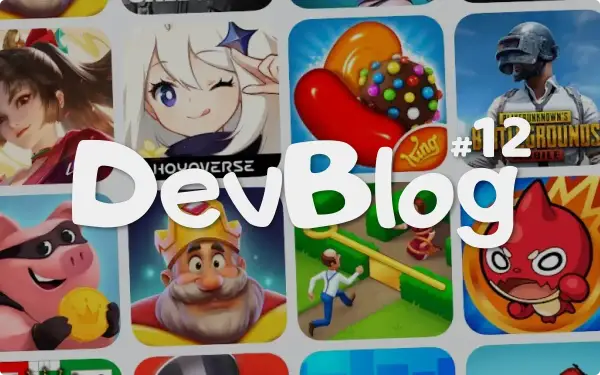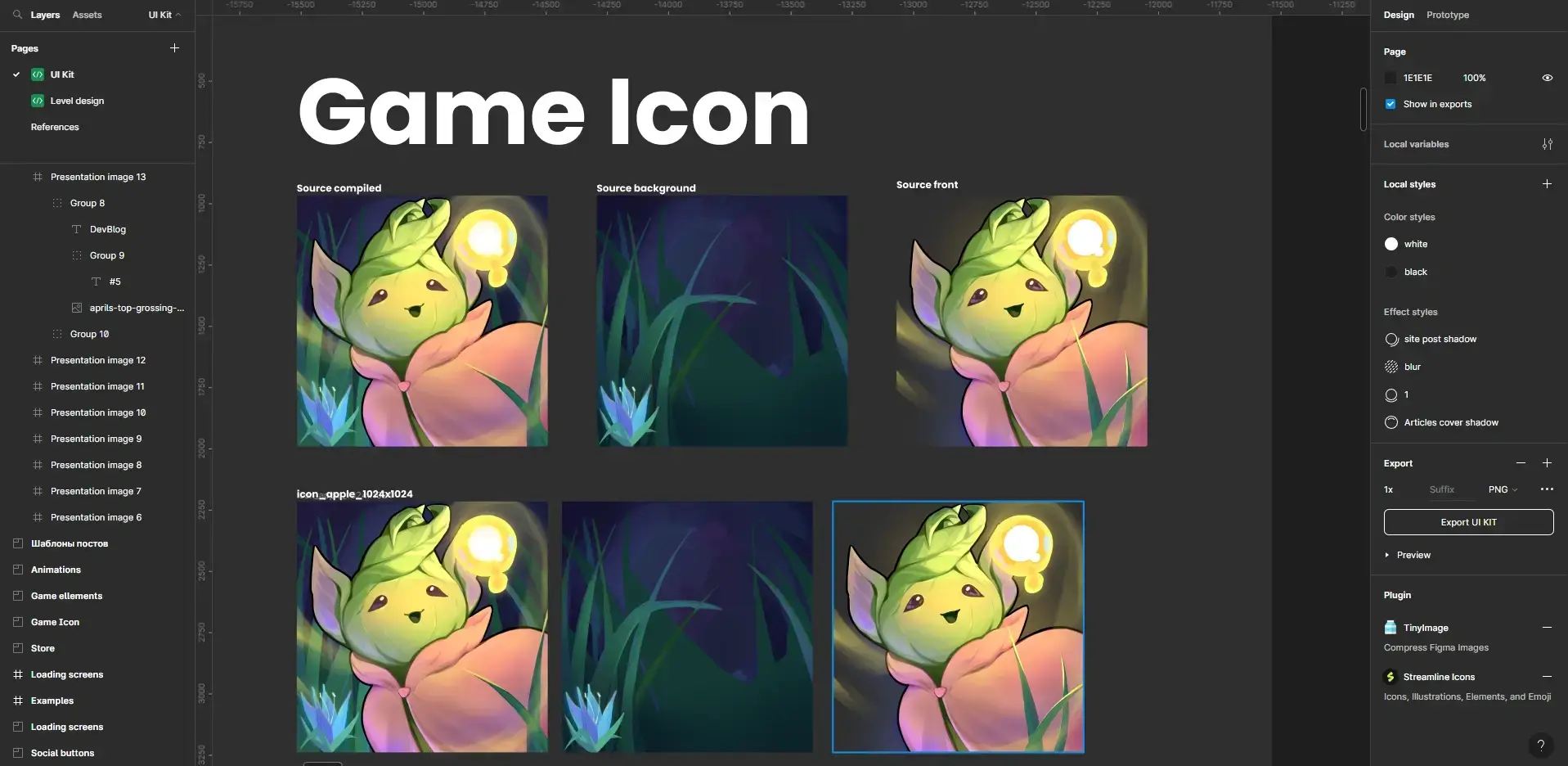The Mobile Gaming Revolution

Mobile gaming has transformed the way people interact with digital entertainment.
Mobile gaming has transformed the way people interact with digital entertainment. Smartphones and tablets have turned every pocket into a potential gaming console, giving rise to a multi-billion-dollar industry that captivates audiences worldwide.
The inception of mobile gaming can be traced back to the early 2000s, with the introduction of games like Snake on Nokia phones. The landscape was truly revolutionized by the advent of smartphones. In 2008, Apple launched its App Store, and in 2012, Google introduced Google Play. These platforms provided developers with a global audience for their games. And nowadays we are given a possibility to fulfill our desires by creating games accessible to almost every person on the planet! Our project Tiny Boo: Homecoming is a great example of how a group of enthusiastic people, leaded by ambitions and creativity are able to create an interesting game from scratch, that anyone can play. Its mechanics are friendly to people that have no significant experience in gaming, and are easy to understand. Tiny Boo will be released both on App Store and Google Play so any smartphone user will be able to dive into an adventure filled with magic and exploring a beautiful world.


Accessibility
Mobile gaming's success is due to its accessibility. Unlike traditional consoles or PCs, which require a significant investment, nearly everyone now has a smartphone. This democratization of gaming has opened doors for diverse demographics, transcending age, gender, and socioeconomic boundaries. Mobile games' simplicity attracts both seasoned gamers and newcomers. They are easily approachable for individuals with varying levels of gaming experience due to their intuitive touch controls and short gaming sessions.
Mobile gaming has come a long way from basic puzzles and casual games. The app stores offer a wide variety of genres, including action, adventure, strategy, simulation, and role-playing games. Developers are constantly pushing the limits, exploring augmented reality (AR), virtual reality (VR), and innovative gameplay mechanics. The use of advanced technology, such as augmented reality in games like Pokémon GO, demonstrates the vast potential within the mobile gaming industry. Keeping up with innovation not only retains current players but also draws in new audiences looking for unique gaming experiences.
Mobile gaming has evolved from a solitary experience to a social phenomenon. Multiplayer games and real-time connections with friends have transformed gaming into a shared activity. Games like Fortnite and PUBG Mobile have become virtual arenas where players from around the world can compete and collaborate, fostering a global gaming community. The industry has a diverse monetization landscape, with various models such as free-to-play, freemium, and premium games. Developers generate revenue through in-app purchases, ads, and subscription services. This flexibility in payment models allows players to choose their preferred gaming experience, catering to a wide range of preferences.
Dominating
Mobile gaming is a dominant force in the entertainment industry, providing millions worldwide with accessible, diverse genres, social connectivity, and constant innovation. Its impact has reshaped the way we perceive and engage with digital games. As technology advances, mobile gaming will remain at the forefront of the gaming landscape, captivating audiences and pushing the boundaries of interactive entertainment.